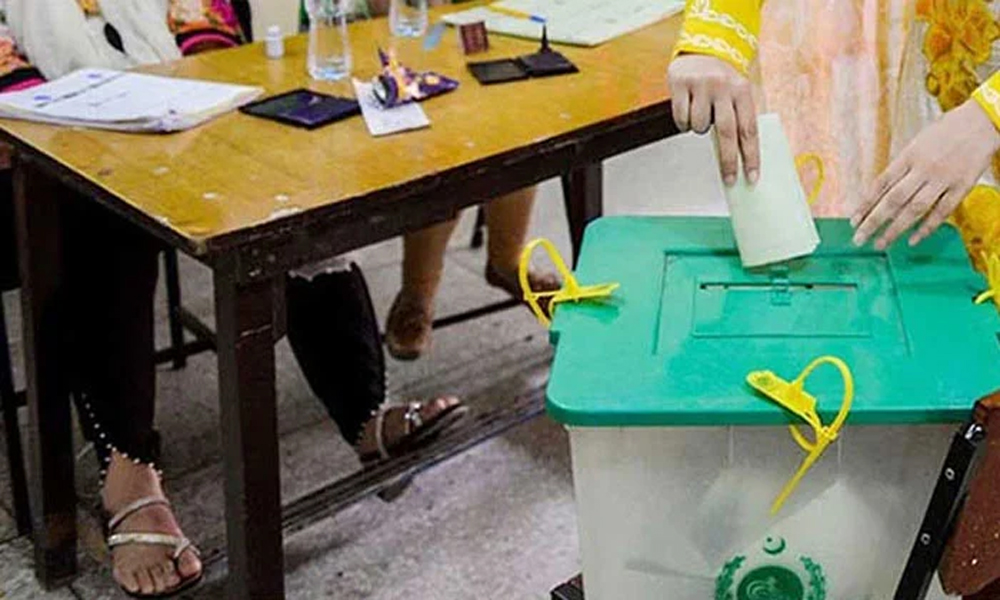
ASIA IN BRIEF Indonesia, the world's fourth most populous nation, has banned the import of Apple's iPhone 16. Industry minister Agus Gumiwang Kartasasmita last week reportedly told local media that Apple's latest handset hasn't been approved for use in Indonesia and is "illegal" to use, or import. The minister cited Apple's unfulfilled promises to invest in Indonesia, and failure to meet requirements for locally produced components, as the reasons for the ban.
Apple is not a top five smartphone vendor in Indonesia, according to analyst firm IDC . Rival analyst outfit Counterpoint rates Apple as the leader of the premium handset segment, in which devices cost at least $600. But as Indonesia is a developing nation – with GDP per capita of $14,100 – iPhones are not a mass market proposition.
While the ban won't put a notable dent in Apple's bottom line, Indonesia's new government – which took office on October 20, two days before the ban was announced – appears to be flexing its muscles early. – Simon Sharwood Taiwan wants to rely on high-altitude balloons to serve as a communication tool in case of emergencies like natural disaster or war, according to the Ministry of Digital Affairs (MODA) and state media last Thursday. The ministry showed off [VIDEO] its first balloon, which can fly up to 800 meters and carries mobile base stations and power equipment that allow it to provide coverage over 380 square kilometers.
The balloon can stay aloft for two weeks and is powered by hydrogen fuel cells. Meanwhile, researchers in Japan have reportedly transmitted solar power generated in space back to Earth. Solar power acquired from space would bring a steady energy supply, unaffected by weather or night cycles, but the practicalities of beaming it down to Earth are daunting.
The project envisions geostationary solar panels 36,000 kilometers above Earth, converting energy into microwaves for Earth-based transmission by 2045. The Kyoto University researchers conducted a trial in which they successfully beamed microwaves to a 70 square centimeter target. In December, they plan to conduct another experiment and transmit electricity from a plane flying at an altitude of 7,000 meters.
Singapore's National Supercomputing Center last week announced S$270 million ($204 million) funding to build two new machines. A machine named ASPIRE 2A will use AMD's EPYC 7713 for 105,984 cores, and the EPYC 75F3 for another 1,024 cores. It will also sport 352 Nvidia A100 Tensor Core GPUs and 476TB of memory, along with 25PB of storage and another 10PB of scratch disk.
ASPIRE 2A+ will use an Nvidia DGX SuperPOD design, comprising 40 DGX H100 systems containing a total of 320 Nvidia H100 GPUs. Nvidia's 400 Gbit/sec InfiniBand will also be aboard, along with 2TB of system memory per system, 27.5PB of storage and another 2.
5PB of scratch storage. – Simon Sharwood Reports emerged last week that three job openings at SK hynix for etching semiconductor engineer roles drew approximately 200 applicants from fellow Korean chipmaker Samsung. "This means that most of Samsung's engineers working in its fab lines that qualified for the job applied," wrote local outlet The Elec.
This week SK hynix posted its highest revenues and profit ever. In stark contrast, a Samsung exec apologized in advance earlier this month for forthcoming results. Sri Lanka's foreign minister Vijitha Herath reportedly warned of the nation's potential to become a "cyber crime hub.
" The remarks come after a raid earlier this month reportedly found 230 foreign nationals – mostly Chinese – engaged in scams that targeted foreign banks and financial institutions. Lenovo appointed a new president for its Infrastructure Solutions Group (ISG). Ashley Gorakhpurwalla replaces Kirk Skaugen who left this summer.
While Lenovo is quick to point out that Gorakhpurwalla is a Dell EMC veteran, his last four years were spent at Western Digital's HDD division. As pointed out by Blocks and Files , the servers and storage guy will be expected to address profitability issues at Lenovo's ISG – which saw operating losses across the year despite record revenues of $3.2 billion in Q1 2025, and has posted years of moderate growth.
Recent alliances and deals spotted by The Register across the region last week include:.














